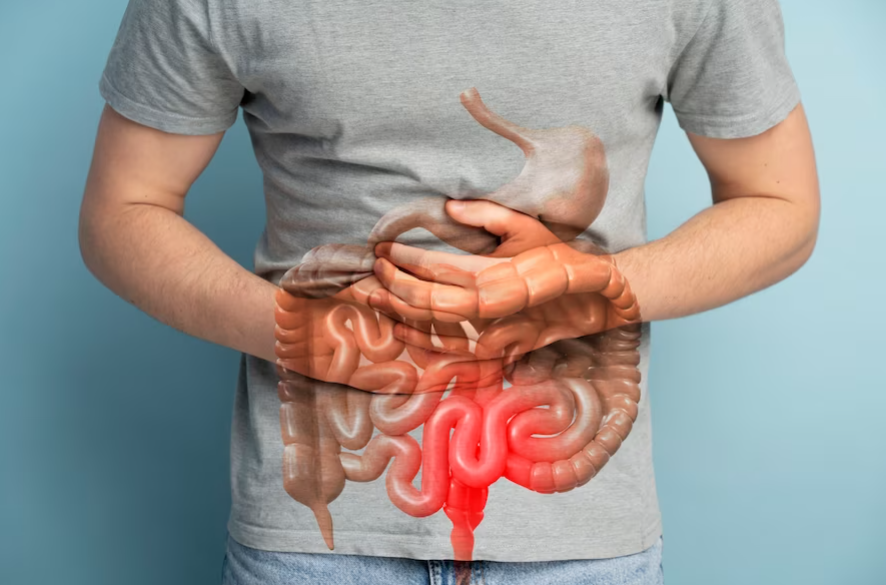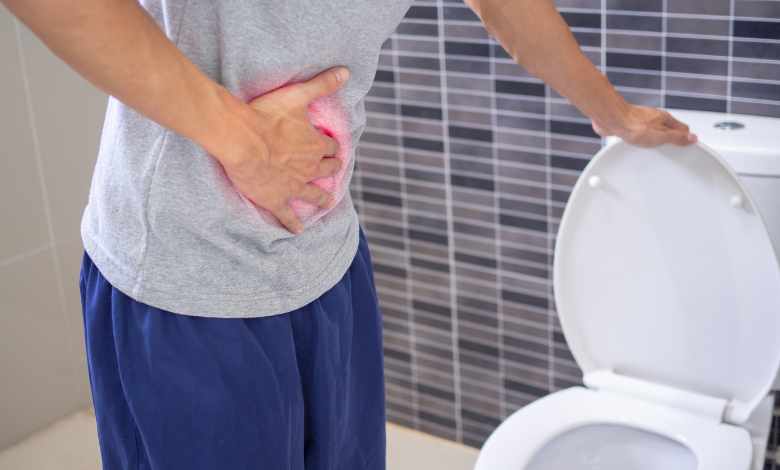Constipation and Its Solutions
Constipation occurs when bowel movements become infrequent or difficult, leading to hard and dry stools. This condition is often associated with poor diet, inadequate water intake, lack of physical activity, stress, or side effects from certain medications. Constipation can be temporary or chronic, and when left untreated, it can cause discomfort and negatively affect quality of life.
Causes of Constipation
The main causes of constipation include:
- Lack of Fiber: A diet low in fiber is one of the most common causes of constipation. Fiber helps speed up bowel movements and soften stools.
- Insufficient Water Intake: When the body is dehydrated, it may absorb more water from the stool, making it harder and more difficult to pass.
- Lack of Physical Activity: A sedentary lifestyle can slow down bowel movements, causing constipation.
- Stress and Lifestyle Changes: Stress, travel, irregular sleep, or changes in routine can negatively affect the digestive system.
- Medications: Some medications, such as pain relievers, antidepressants, and antacids, can cause constipation as a side effect.
- Bowel Disorders: Conditions like irritable bowel syndrome (IBS) or colon cancer can also lead to constipation.
Symptoms of Constipation
- Infrequent bowel movements (fewer than three times a week)
- Hard, lumpy stools
- Straining during bowel movements
- Abdominal bloating, pain, or discomfort
- The feeling of incomplete bowel evacuation
Solutions for Constipation
Lifestyle and dietary changes are often the first recommended approaches to treating constipation. Here are some solutions to help alleviate constipation:

1. Increase Fiber Intake
Fiber-rich foods help speed up bowel movements and soften stools. Adding more fiber to your daily diet can help relieve constipation. Fiber-rich foods include:
- Whole grains (whole wheat bread, oats)
- Fruits (apples, pears, oranges)
- Vegetables (broccoli, carrots, spinach)
- Legumes (chickpeas, lentils, beans)
2. Drink Plenty of Water
Water helps soften stools and facilitates bowel movements. Increasing daily water intake is essential in preventing constipation. It’s especially important to stay hydrated in hot weather and during exercise.
3. Regular Physical Activity
Exercise helps stimulate the muscles of the intestines. Even light activities like walking or yoga can improve bowel movements and alleviate constipation.
4. Establish a Regular Toilet Routine
Avoid delaying the urge to go to the bathroom when it arises. Additionally, setting a routine, such as going to the bathroom at the same time each day, can train your bowels to be more regular.
5. Herbal Teas
Certain herbal teas can help relieve constipation by promoting digestion. Teas made from fennel, ginger, and peppermint can be beneficial in this regard.
6. Use of Probiotics
Probiotics help maintain a healthy gut flora, which in turn can regulate bowel movements. Consuming probiotic-rich foods such as yogurt can help ease constipation.
7. Laxatives
In some cases, laxatives may be used under medical supervision to relieve constipation. However, prolonged use of laxatives can lead to dependency, so they should be taken with caution and only as directed by a healthcare provider.
Tips for Preventing Constipation
- Drink at least 8 glasses of water a day.
- Include sufficient amounts of fiber in your daily diet.
- Engage in regular physical activity.
- Manage stress through relaxation techniques such as meditation or deep breathing exercises.
- Avoid unnecessary use of medications that may cause constipation.
While constipation is often a simple issue that can be addressed with lifestyle adjustments, chronic constipation may require medical attention. Persistent or severe constipation could be a sign of an underlying health condition that needs to be diagnosed and treated.
Conclusion
Constipation is a common digestive issue, but it can be effectively managed through proper diet and lifestyle changes. Eating fiber-rich foods, staying hydrated, and exercising regularly are key to preventing constipation. However, if constipation becomes chronic or severe, seeking professional medical advice is crucial.
